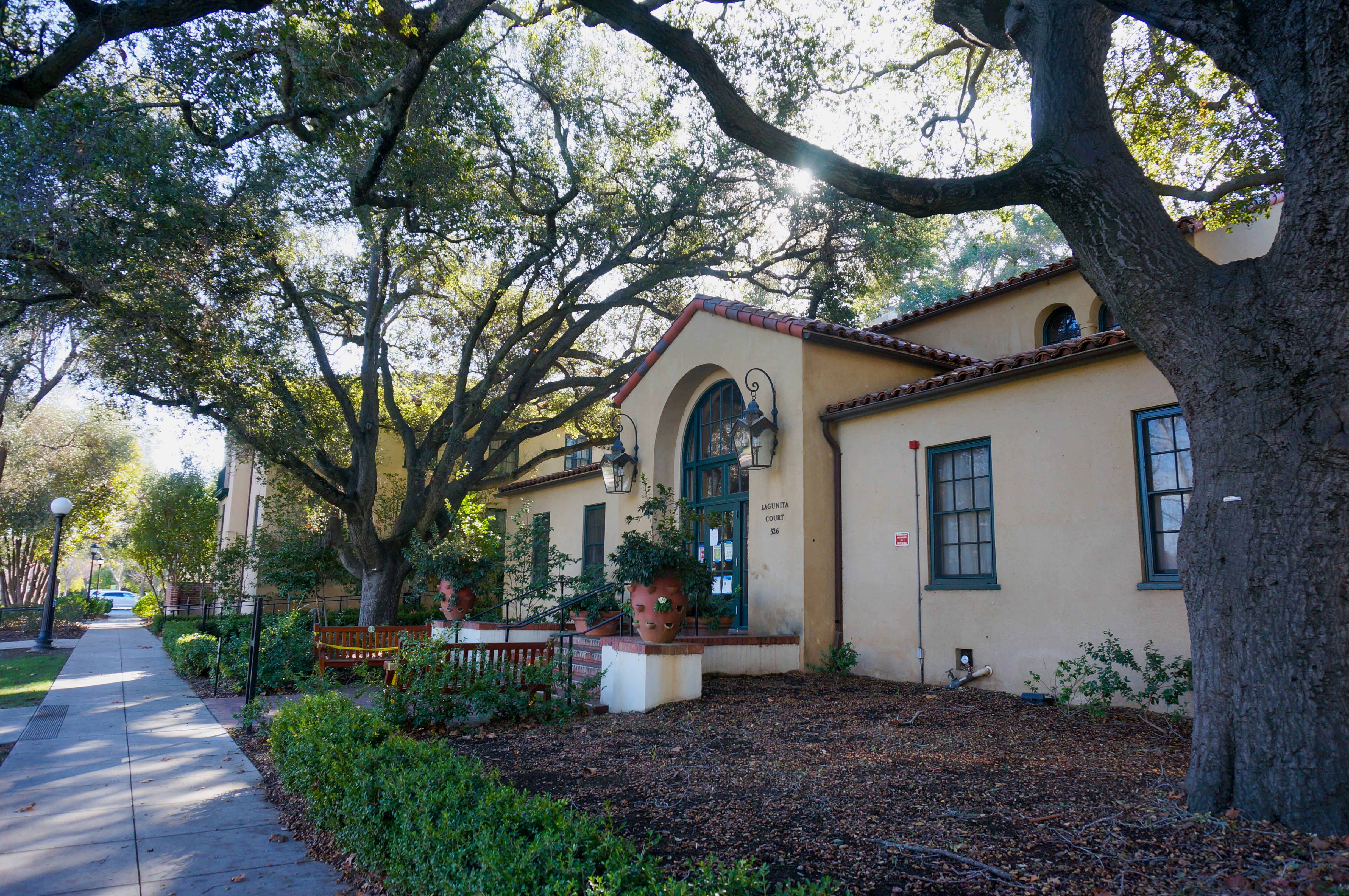Resident assistants (RAs) from more than 28 residence halls have gone on strike indefinitely after Stanford administrators failed to meet their demands for enhanced COVID-19 protections, higher pay and a revised alcohol and drug policy.
The collective action by RAs represents a significant escalation between student staff and the University just over a week before frosh are set to arrive on campus. While the exact number of RAs involved in the strike is unknown, organizers estimated that hundreds of RAs opted to strike and did not attend staff training on Thursday.
On Wednesday, student staff organizers threatened that their group, Student Collective Action Against Residential Education (SCAARE), would go on strike starting Thursday if their demands were not met.
“We have been left with no other option but to withhold our labor until our demands are met,” RAs wrote in an email to administrators, giving the University a deadline of 5 p.m. on Wednesday, which passed with no guarantee that the school would act on the group’s demands.
SCAARE called on Stanford to meet four central demands: provide a virtual alternative for large in-person training events, increase RA compensation consistent with peer institutions, involve RAs in the ResEd decision-making process and revise the updated alcohol and other drug policy, which now requires RAs to report most instances of underage drinking.
The catalyst for the strike, according to RA organizers, was a student staff member who tested positive for COVID-19 after attending an indoor training session with other RAs. In the days leading up to the staff training, which began on Monday, 112 RAs expressed their concerns about the in-person training in a letter to administrators.
SCAARE’s request for virtual training was implemented — but only for a day. Residential Education (ResEd), the unit that hires and trains RAs, opted to make Thursday’s training entirely virtual. RAs, though, questioned why only a single day of training was moved online, with some speculating that the move was designed to reduce the disruptiveness of the strike.
Student Affairs spokesperson Pat Harris wrote in a statement that Thursday’s training was held virtually so that discussions could continue “in a productive environment,” but did not comment on the speculation. Harris wrote that moving forward, all staff training will be held “within individual dorm communities,” rather than in large group settings.
After the strike began Thursday morning, only about 150 of the more than 500 RAs employed annually attended the virtual training, according to several RAs who requested anonymity for fear of retribution. Though the training was recorded, organizers said the number of those boycotting is significant.
In an email to the organizing group on Wednesday, Assistant Vice Provost for Residential Education Cheryl Brown wrote that the University does not “take your concerns lightly and [is] committed to partnering with students.”
But on the issue of the alcohol and other drug policy, RAs attending Wednesday’s in-person staff training were given a different message: the time for ResEd to consider feedback is over, and the policy will not be altered.
“This is the direction that we’re going based on the data and the resources that we’ve consulted, including the student voice,” Orlando White, an associate dean, told RAs about the alcohol and drugs policy in a recording obtained by The Daily. “It will not change.”
The new student alcohol and other drugs policy went into effect on Sept. 1 and ended the unofficial but long-standing “open-door policy,” which permitted underage drinking in undergraduate residences. It requires residential student staff to report underage drinking to the University. The RAs on strike are asking Stanford to “continue its former policy that prioritized student health over-reporting.”
The student employees are also demanding to be separately compensated at a rate of $18 an hour for their participation in the two-week training and orientation period before the start of classes. Student staff training is currently included in the RA stipend, which is set to $11,400 for the year but does not include room and board.
The University said that it plans to continue discussions with RAs about their concerns.
Harris said in a separate statement that “open lines of communication between residential staff and the University have long been a key strength of our residential system,” adding that RAs were invited to share feedback at four Zoom meetings over the summer.
According to Harris, the University plans to reestablish ResEd’s student staff advisory board and create new neighborhood community councils for residential student staff members to present concerns to administrators.
This story is breaking and will be updated.
